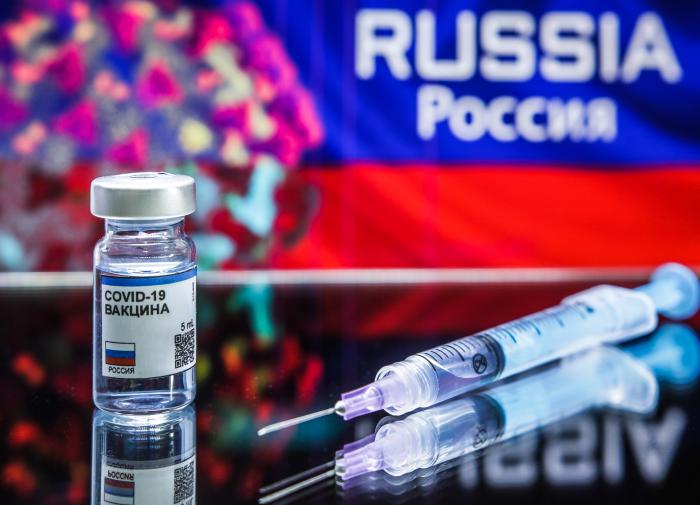Last week, one of the most famous and authoritative scientific publications - The Lancet - published an article by penned Russian scientists about the trials of the vaccine against coronavirus. In Russia, this publication was hailed as a proof of the effectiveness and safety of the Russian vaccine. However, criticism is not going anywhere.

After the publication in The Lancet, Russian Health Minister Mikhail Murashko noted that a publication in such an authoritative journal always means a high level of confidence.
"Therefore, I believe, and the entire international community believes, that publication in The Lancet is a sign of quality of the published material," Murashko said.
A statement released from the Gamaleya Research Institute of Epidemiology and Microbiology in Moscow and the Russian Direct Investment Fund (RDIF) said that the scientific paper published in The Lancet proves high safety and effectiveness of the Russian vaccine and provides detailed data on the results of clinical trials."
On August 11, Russian President Vladimir Putin announced the registration of the vaccine against coronavirus. The vaccine was developed by the Gamaleya Research Institute of Epidemiology and Microbiology in Moscow in cooperation with the Ministry of Defense. Thus, Russia became the first state in the world where such a vaccine was approved for use.
Many publications in the West met the news of the registration of the vaccine with hostility. Many specialists took the news from Russia with a grain of salt as well. Generally, all this shows that such things should be accompanied with powerful promotion and support. It is already obvious that one publication, even in The Lancet, will not be enough to knock the wave of criticism down.
In particular, Italian professors, who read the article in The Lancet, expressed their doubts about the Russian vaccine.
As many as 17 people signed an open letter. In their opinion, nine out of nine volunteers who participated in one of the experiments with the vaccine had identical antibody titers for 21 days out of 28. In many cases, it goes about the repetition of one and the same numbers for different participants in the experiments. According to the authors of the letter, there is too little information in the article to be able to come to any unambiguous conclusions. The available information raises concerns about its unnaturalness, Italian professors said.
Attacks on the Russian vaccine continue. The open letter from Italian scientists is only a beginning.
According to the World Health Organization, as many as 176 vaccines against coronavirus are currently being developed in the world. Eight of them are now in the final (third) phase of clinical trials.
No comments :
Post a Comment